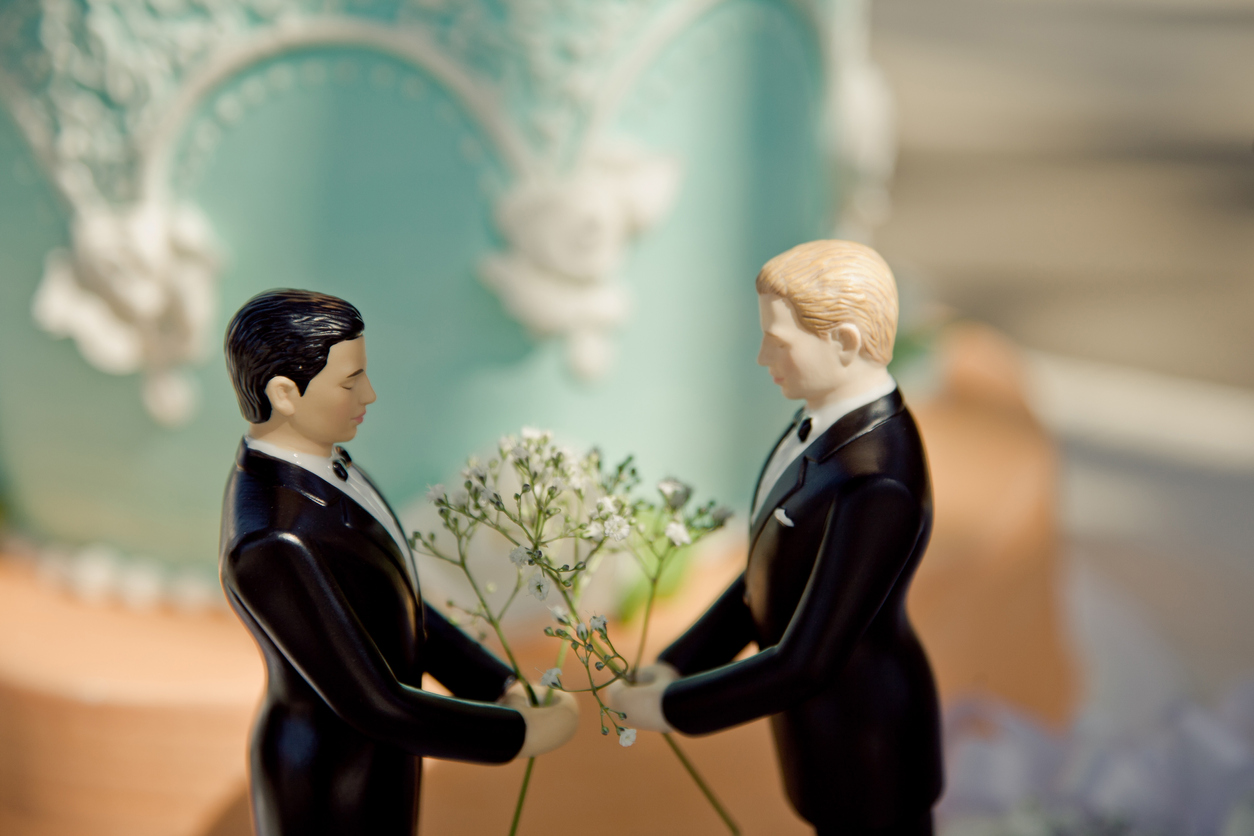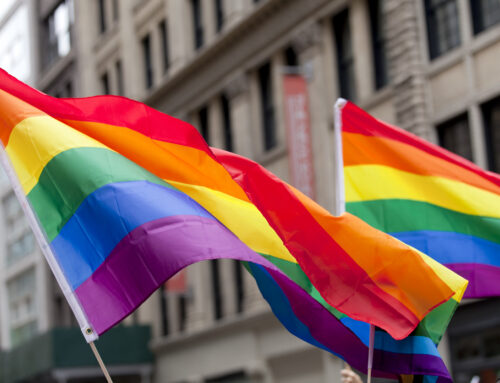Thirteen same-sex couples across Japan filed lawsuits in 2019 demanding that the courts grant them the right to be legally married. In a landmark case decided on March 17, 2021, three same-sex couples won their case seeking marriage equality. However, this ruling is not the only hurdle they must overcome on their journeys to get married.
The First Judicial Ruling on Marriage Equality in Japan
Japan is the only G-7 country that does not recognize same-sex partnerships. Judge Tomoko Takebe of the Sapporo District Court ruled in favor of the three couples seeking the legal right to marry. Judge Takebe found that banning same-sex marriages violated Article 14 of the Japanese constitution.
Article 14 prohibits discrimination based on sex, race, social status, creed, or family origin. The judge ruled that sexual orientation is not a choice.
Therefore, it was discrimination not to allow same-sex couples the benefits of marriage. The court found that the legal benefits of marriage should apply to both heterosexuals and homosexuals.
The plaintiffs also sought one million yen (about $9,000) per person in damages, but the judge denied this demand.
Article 24 of the Japanese Constitution defines marriage. It says marriage is based upon the “mutual consent of both sexes.” Both sexes are currently interpreted to only be a man and a woman. Judge Takebe agreed with the government’s position that there was no violation of Article 24, so she denied the plaintiff’s demand for compensation.
Same-Sex Couples Still Have an Uphill Battle
The LGBTQ community is celebrating this landmark case. The ruling is a step in the right direction for same-sex couples to wed in Japan legally. However, there are still cases pending in at least four more district courts in Nagoya, Tokyo, Fukuoka, and Osaka.
Even if all of the judges in these cases find that prohibiting same-sex marriage is unconstitutional, there is no guarantee that there will be legislation allowing same-sex marriages. A new law would need to be enacted that legalized same-sex marriage in Japan.
The government argued that Article 24 means that same-sex marriages were not foreseen when the Article was passed. However, lawyers for the plaintiffs argued that the phrasing was meant to prevent forced marriages. They argue that there is nothing in Japan’s Constitution that prevents same-sex couples from being legally married.
Partnership Certificates Issued by Some Municipalities
There are currently 74 municipalities that embraced lesbian and gay marriages. These cities issue partnership certificates to gay and lesbian couples. The partnership certificates allow the couples to have hospital visitation rights and shared rental agreements.
However, the certificates do not legalize same-sex marriages. They also do not provide the benefits that married couples enjoy, such as inheritance rights and parental rights. For many couples, the ruling in the case gives them hope that they will soon enjoy all the benefits married couples enjoy.
Discrimination of Gay and Lesbian Couples Continues in Japan
Even though support for the LGBTQ community continues to increase in Japan, many individuals hide their sexuality. The pressure to conform to social norms is still very strong in Japan, as it is throughout other Asian countries. Taiwan is the only country in the region to legalize same-sex marriage.
The Liberal Democratic Party in Japan continues to support ultra-conservative, patriarchal views of the family structure. Its policies have impeded the advancement of women’s rights and the acceptance of sexual diversity. As long as the party continues to hold power, it is doubtful same-sex marriage will be legalized in Japan.
Pressure is mounting from outside of the country too. Japan refuses to issue spousal visas to same-sex couples who are married overseas. The American Chamber of Commerce urged Japan to legalize same-sex marriage to avoid losing valuable individuals who might choose to work somewhere else where they can enjoy the rights of married couples.
Progress Continues, But it Can Be Slow
As the above ruling indicates, there is progress and reason to celebrate. With each court victory, same-sex couples worldwide move closer to realizing their dreams of getting married.
At home in the United States, individuals have the right to marry another person, regardless of gender. States cannot pass laws that violate these rights according to the decision in Obergefell V. Hodges. However, many states disagree with the right of same-sex couples to marry.
Members of the LGBTQ community continue to face discrimination. Same-sex couples should have the same rights and privileges as heterosexual couples. Advocacy groups and LGBTQ lawyers must continue to fight for the rights of same-sex couples here and around the world.






